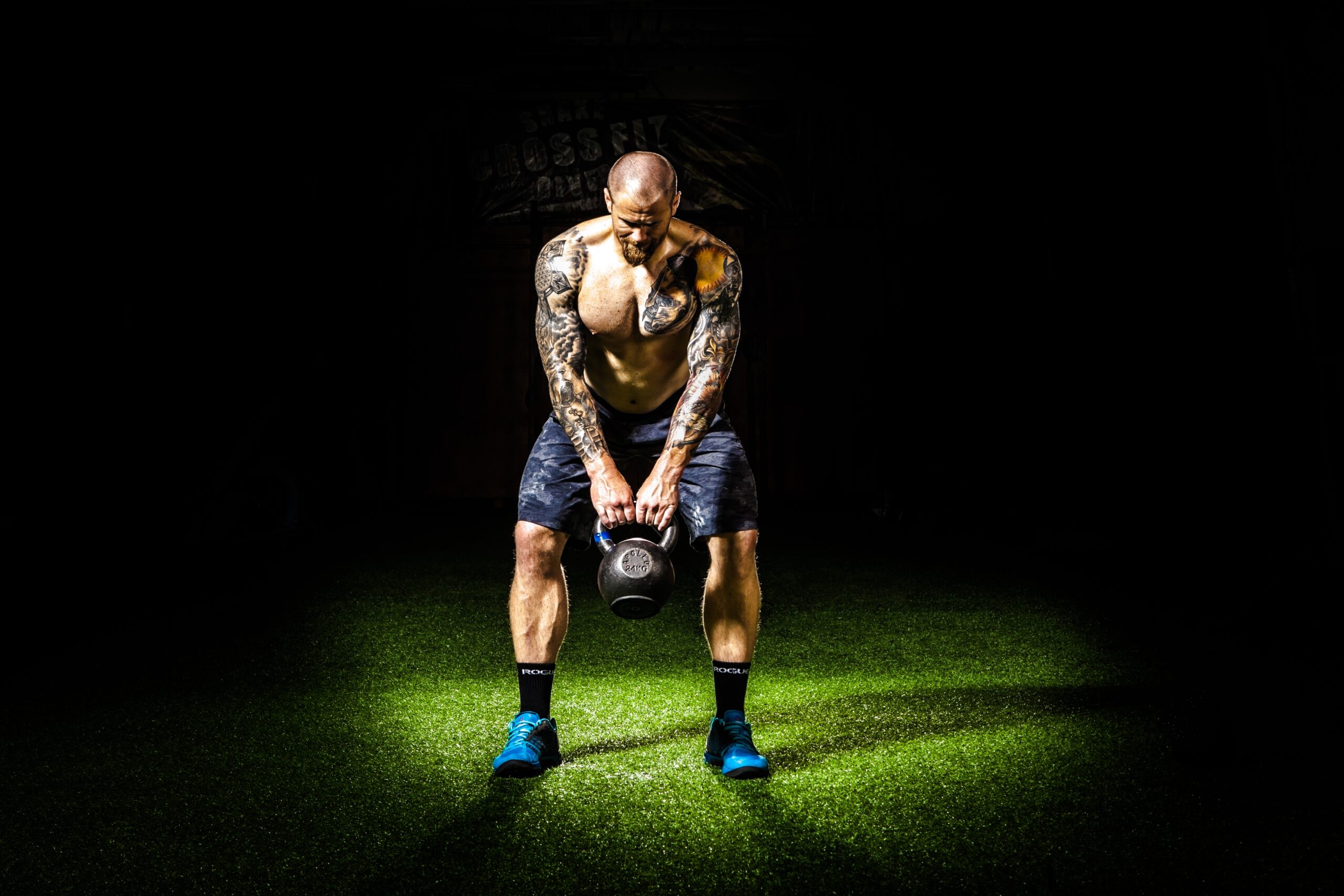The Ultimate Guide to Vegan Muscle Building: Unleash Your Plant-Powered Potential !!!

In recent years, there has been a surge in interest surrounding plant-based diets, with many individuals adopting a vegan or vegetarian lifestyle for various reasons, including health, environmental concerns, and ethical considerations. Contrary to common misconceptions, building muscle on a vegan or vegetarian diet is not only achievable but can also provide numerous benefits for your overall health and fitness. In this article, we will explore how to bulk and grow muscle on a plant-based diet while highlighting the advantages of a vegan lifestyle.
Section 1: The Power of Plants: Fueling Your Vegan Muscle Building Journey
1.1. Emphasize Protein-Rich Plant Foods:
- Legumes (beans, lentils, chickpeas) provide ample protein, fiber, and essential nutrients.
- Tempeh and tofu offer a versatile protein source, easily incorporated into various dishes.
- Seitan (wheat gluten) is a high-protein alternative that can be used in many recipes.
- Quinoa, buckwheat, and other whole grains are protein-packed additions to your meals.
1.2. Harness the Power of Nuts and Seeds:
- Almonds, walnuts, and cashews offer healthy fats, protein, and important micronutrients.
- Chia seeds, flaxseeds, and hemp seeds are rich in omega-3 fatty acids, protein, and fiber.
- Nut and seed butters (e.g., peanut butter, almond butter) can be included for additional calories.
1.3. Optimize Your Macronutrient Intake:
- Calculate your daily calorie and macronutrient needs to support muscle growth.
- Consume sufficient carbohydrates for energy and muscle glycogen replenishment.
- Ensure an adequate intake of healthy fats to support hormone production and nutrient absorption.
Section 2: Plant-Powered Strategies for Vegan Muscle Growth
2.1. Progressive Resistance Training:
- Engage in a structured weightlifting program that progressively challenges your muscles.
- Focus on compound exercises (e.g., squats, deadlifts) to target multiple muscle groups simultaneously.
- Incorporate both high-intensity strength training and hypertrophy-focused workouts.
2.2. Optimal Recovery and Rest:
- Prioritize quality sleep to support muscle repair and growth.
- Incorporate rest days into your training schedule to prevent overtraining.
- Practice stress management techniques, such as meditation or yoga, to aid recovery.
2.3. Supplementation Considerations:
- While a well-planned vegan diet can provide all necessary nutrients, certain supplements may be beneficial:
- Vitamin B12: Essential for energy production and nerve function, as it is primarily found in bacteria or fortified animal products.
- Vitamin D: Necessary for bone health and overall well-being; consider a vegan-friendly vitamin D3 supplement.
- Creatine: Enhances muscle strength and power; opt for plant-based creatine sources.
Section 3: The Positive Impact of a Vegan Diet on Muscle Building
3.1. Reduced Inflammation:
- Plant-based diets rich in antioxidants and phytochemicals can help reduce exercise-induced inflammation.
- Faster recovery times allow for more frequent and intense training sessions.
3.2. Enhanced Nutrient Profile:
- Plant-based diets are typically abundant in fiber, vitamins, and minerals, promoting overall health and well-being.
- Increased nutrient diversity can support optimal muscle growth and aid in muscle repair.
3.3. Optimal Body Composition:
- A vegan diet naturally tends to be lower in saturated fats, which can contribute to a leaner body composition.
- Plant-based proteins are often accompanied by beneficial fiber, which aids in satiety and weight management.
Conclusion:
Building muscle on a vegan or vegetarian diet is entirely possible and offers several advantages. By incorporating protein-rich plant foods, optimizing macronutrient intake, following a well-structured training program, and prioritizing recovery, you can achieve your muscle-building goals while embracing a compassionate and sustainable lifestyle. Embrace the power of plants, nourish your body, and unleash your plant-powered potential!





